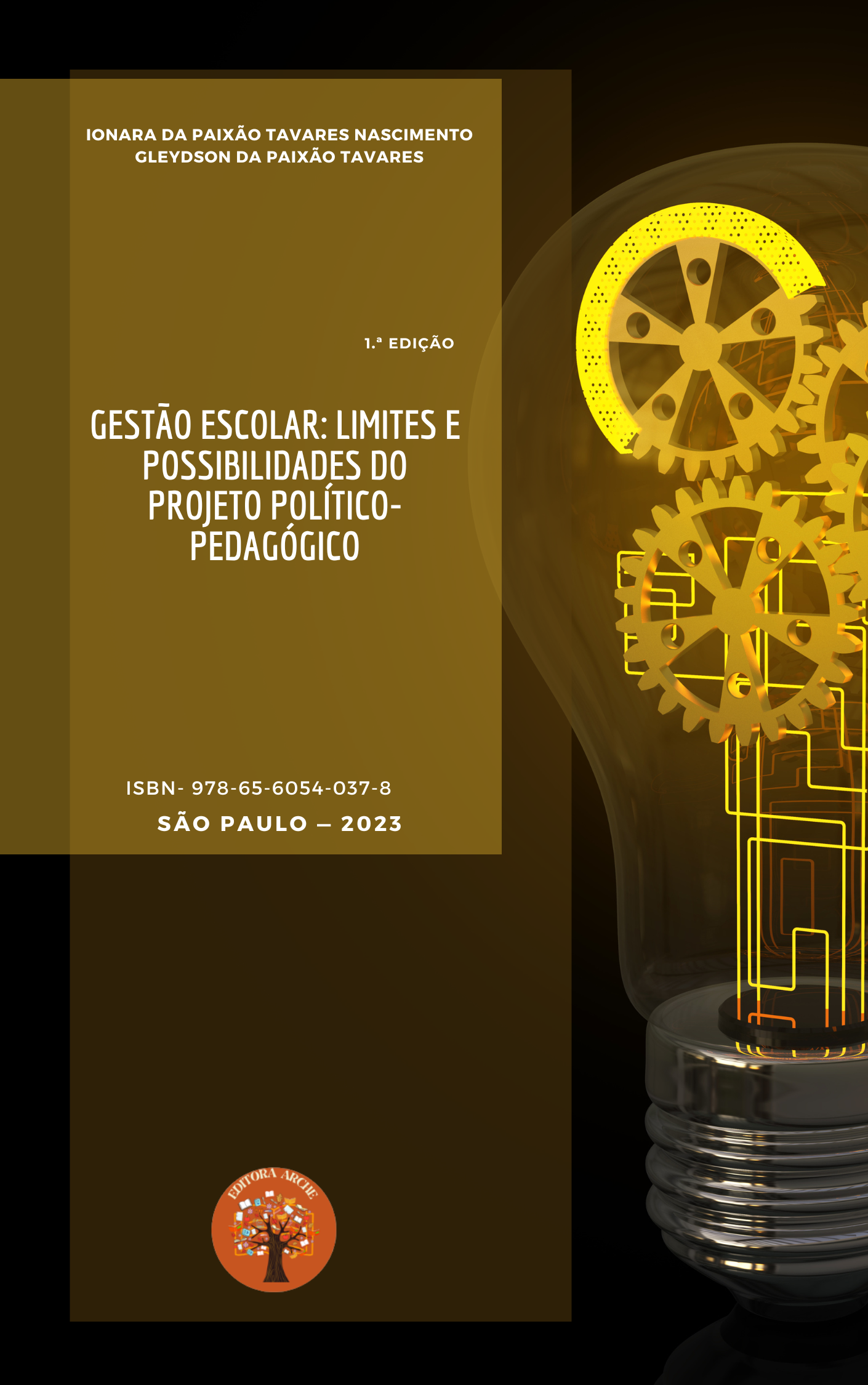GESTÃO ESCOLAR: LIMITES E POSSIBILIDADES DO PROJETO POLÍTICO-PEDAGÓGICO
Palavras-chave:
Gestão Escolar. Projeto Político-Pedagógico. Educação. Escola.Resumo
As instituições de ensino têm um papel fundamental para a construção da sociedade por meio de sua responsabilidade de formar cidadãs/ãos. O seu propósito deve colaborar para o exercício pleno da cidadania e para o mundo do trabalho, por meio de uma educação democrática - direito universal e constitucional. É na escola que acontece a interação entre os membros da comunidade educativa com vistas à promoção das relações humanas, tendo como objetivo uma sociedade mais justa, mais igualitária e menos preconceituosa.
Nesse sentido, a gestão escolar desempenha um papel fundamental, considerando que abrange as dimensões administrativo-financeira e didático-pedagógica. A perspectiva democrática e inclusiva devem ser os pilares da gestão, prezando tanto pela participação de todas/os da comunidade escolar (profissionais da educação, professoras/es e seu entorno) quanto pelo reconhecimento das necessidades, da pluralidade e da diversidade da população.
Ante o exposto, é imperativo e necessária a elaboração de um Projeto Político-Pedagógico (PPP) que atenda às reais necessidades da escola e da comunidade que a compõe, com vistas a uma educação libertária, democrática e emancipatória.
Este livro é fruto de uma pesquisa realizada para fins acadêmicos que tem como objetivo geral analisar a participação da/o professora/r na elaboração e execução do Projeto Político-Pedagógico.
Reúne textos que discutem aspectos do planejamento educacional, sobre o projeto político-pedagógico e sobre as percepções das/os professoras/es na elaboração e execução do PPP.
No Capítulo I, será abordada a história do planejamento e seus diversos conceitos. O planejamento educacional ganhará destaque quando abordarmos o Projeto Político-Pedagógico, o Plano Curricular, o Plano de Ensino, o Plano de Curso e o Plano de Aula. Compreende-se ser de fundamental importância a realização do planejamento no contexto educacional, pois, por meio dele, a unidade de ensino delineia os percursos que serão seguidos e os objetivos a serem alcançados.
O Capítulo II tem por objetivo explanar sobre o Projeto Político-pedagógico (PPP) quando destacaremos, entre outros aspectos, os seus princípios norteadores. Será enfocado também as/os suas/seus principais atrizes/atores, dando uma ênfase maior à/ao gestora/r educacional, à/ao coordenadora/r pedagógica/o e às/aos professoras/es.
Já o Capítulo III apresentará os procedimentos metodológicos, bem como discutirá os resultados da pesquisa por meio da análise dos dados e das informações centrada na percepção das/os professoras/es no que diz respeito a gestão escolar, à/ao gestora/r e ao PPP.
Esperamos que as leituras contribuam para uma melhor e mais profunda reflexão sobre a importância do Projeto Político-Pedagógico e sobre a relevância de uma gestão democrática e participativa com vistas a uma educação para todas/os.
Boa leitura!
A autora e o autor,
Ionara da Paixão Tavares Nascimento
Gleydson da Paixão Tavares
Downloads

Downloads
Publicado
Como Citar
Edição
Seção
Categorias
Licença
Atribuição CC BY
